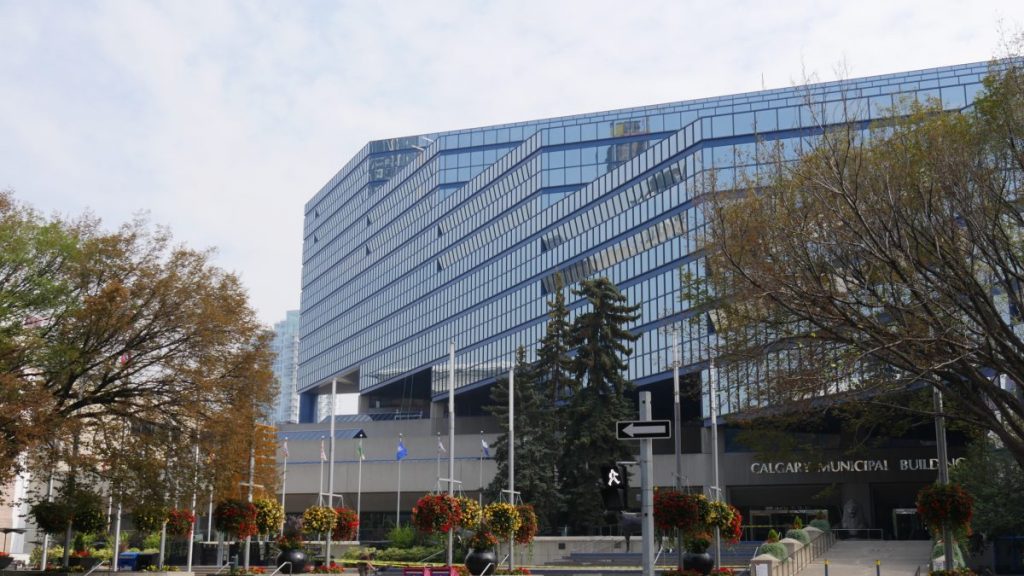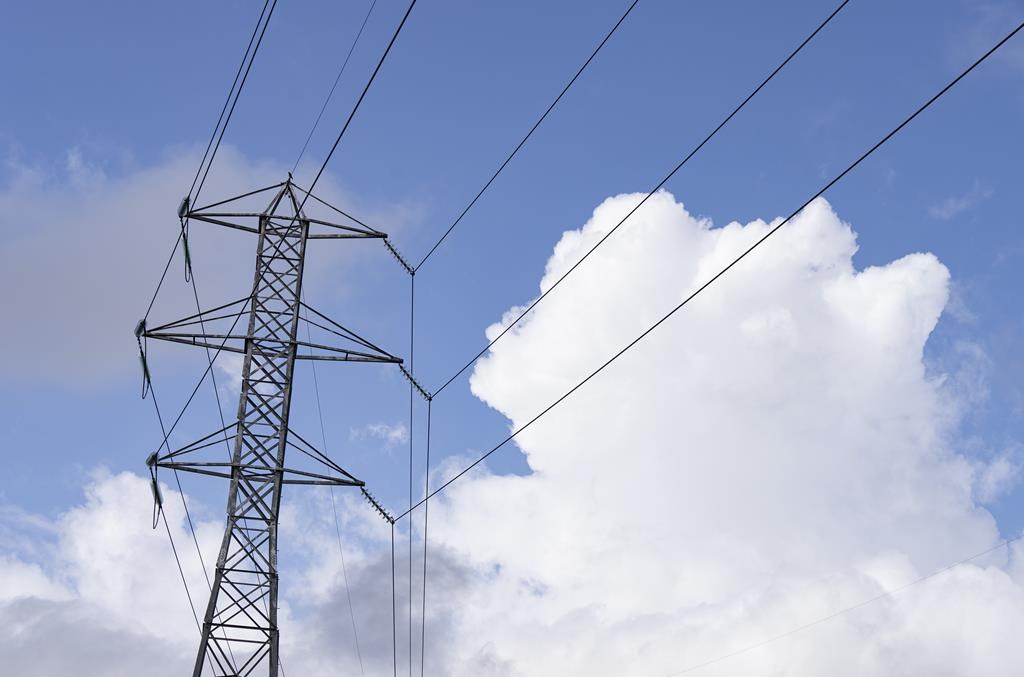Northern Gateway hearings to address marine emergency response
Posted Feb 3, 2013 2:48 pm.
This article is more than 5 years old.
VANCOUVER – Despite years of planning for the proposed Northern Gateway pipeline and myriad legislative changes that will affect the project, the regulations and best practices from other jurisdictions where tankers tread have not been put in place for British Columbia, studies find.
One review of legislation in Washington state, Alaska, Norway and other jurisdictions that see the type of tanker traffic that the West Coast can expect if the pipelines are approved found room for improvement.
“Canada has a good safety record. Having said that, there are important things we can learn from different jurisdictions,” said Darryl Anderson, whose Wave Point Consulting has published several papers on the issues around the pipeline proposals in British Columbia.
The shipping industry is well-regulated in Canada, Anderson found, but the maritime sector too often makes improvements in response to a critical incident, he said.
Alaska, Washington and Norway “have a much more robust regulatory system and a much more robust assessment of risk prior to something happening, so you don’t just have to rely on a marine incident to bring about change.”
In particular, Anderson and his colleague, Joe Spears, recommend an independent agency responsible for conducting oil spill risk assessments and directing investment in spill prevention and response.
They suggest more stable funding for maritime policy measures, required emergency response drills, and the use of Canadian-flagged vessels for bulk oil transport.
Enbridge experts will return to Prince Rupert, B.C., on Monday, to resume testimony under oath about the $6 billion dollar pipeline project.
First up, they will be answering questions about one of the most contentious issues facing the Northern Gateway project: planning and response to marine oil spills.
The company has committed to “extended responsibility” for emergency response along the marine transportation routes. That would include spill response capacity even in the event of third-party tanker spills, but extended responsibility would not include clean-up costs or compensation.
“The tanker owner would remain the responsible party if a spill were to occur along the marine transportation routes,” Northern Gateway confirms in documents filed with the review panel.
John Carruthers, president of Northern Gateway Pipelines, said the company has gone well beyond the regulatory requirements in order to ease concerns.
“I think people have questions and from a project perspective we’re answering them. And I think there is recognition that some of the questions being asked are broader than any one project, and I think it’s appropriate for government to be looking at it from that broader perspective,” Carruthers said.
Commitments have been put in place by government and the company to guard against incidents, including the use of marine pilots familiar with the local area, cutting-edge navigational systems, and spill response capacity that is more than three times the Canadian standard.
“I think it’s important to look around the world and take best practices and that’s certainly what Northern Gateway has done,” Carruthers said, citing the commitment to marine spill response.
“That’s not something a pipeline company would typically take on, but we did … beyond what’s required by regulation. We certainly have looked around the world to build on what’s being done elsewhere.”
Opponents of the Northern Gateway proposal — as well as Kinder Morgan’s plan to double the capacity of its existing TransMountain pipeline from Alberta to Metro Vancouver — fear a catastrophic oil spill off the B.C. coast.
It’s a huge concern, said Brenda Belak, a lawyer for West Coast Environmental Law.
Industry funds totalling $1.3 billion may not suffice for clean up and compensation, she said.
“Once the bitumen is offloaded onto a ship and the ship starts sailing out of the port, the pipeline operator is no longer responsible in that case. It’s the ship operator,” Belak said.
It would be very difficult to hold the shipping company legally liable, she said.
“Very few of them are registered in Canada.”
There are means to ease concerns and ensure project safety, Anderson said, but the debate around the Northern Gateway project has become very polarized.
“In these other jurisdictions, they have much more debate about the best practices and they don’t just get into good, bad, are you for it or against it? They have an understanding that there’s a trade-off involved and we’re not having any of that discussion in Canada.”
The hearings in Prince Rupert continue on and off in Prince Rupert over the next four months. The joint review panel must submit its report to the federal government by the end of the year.










